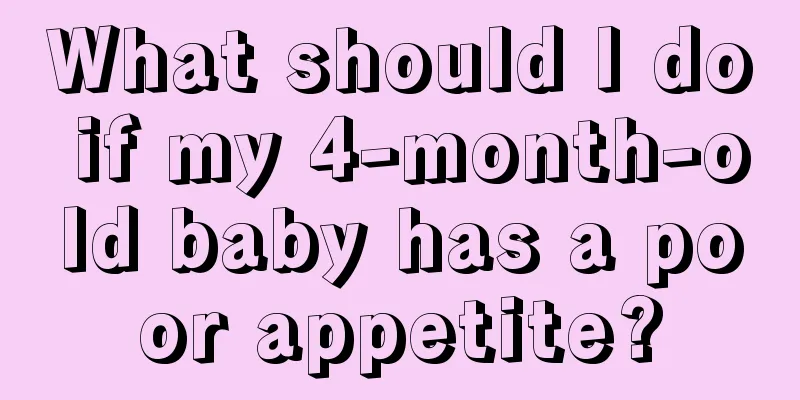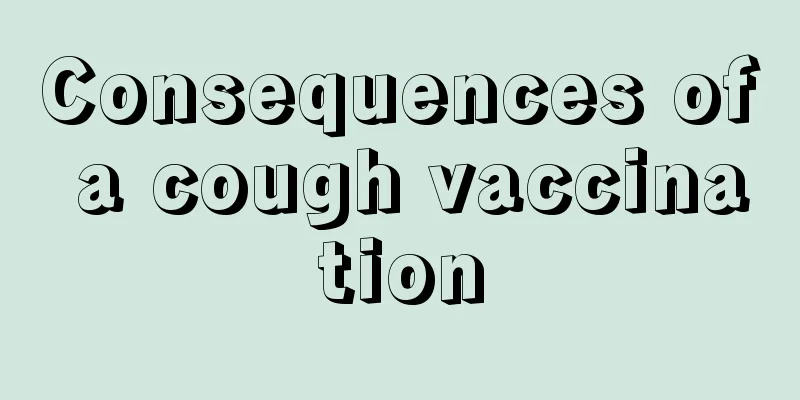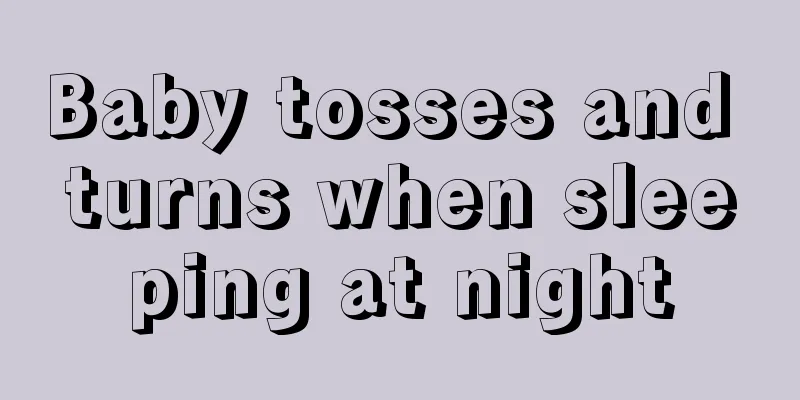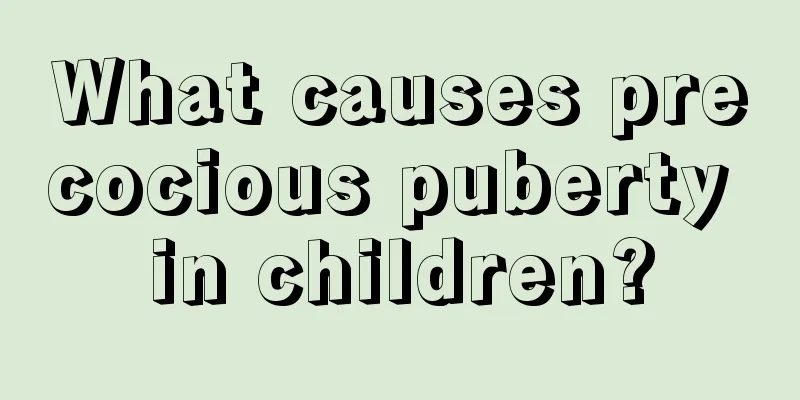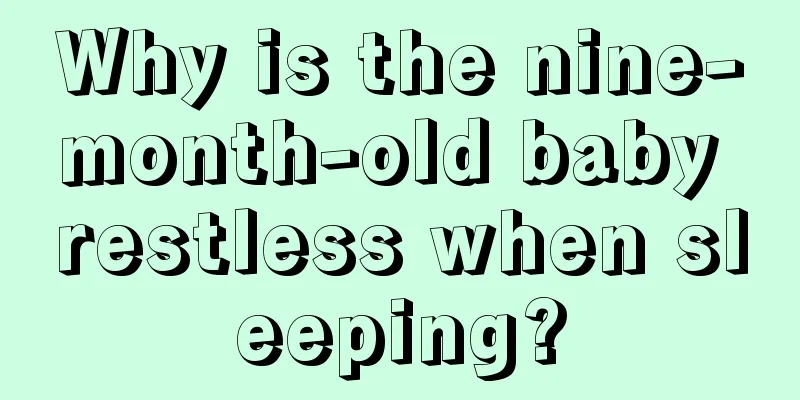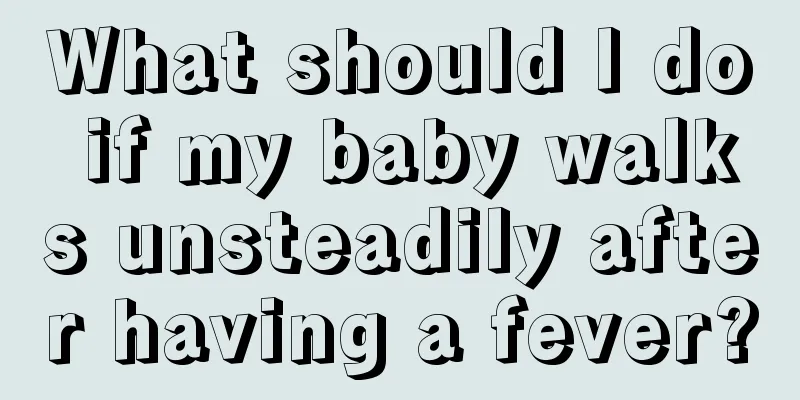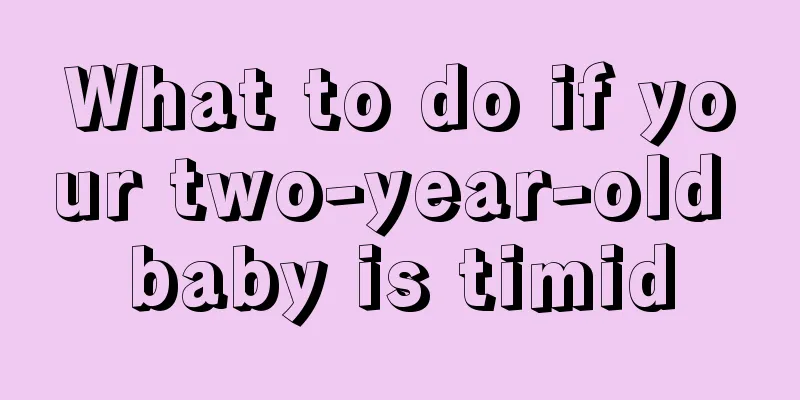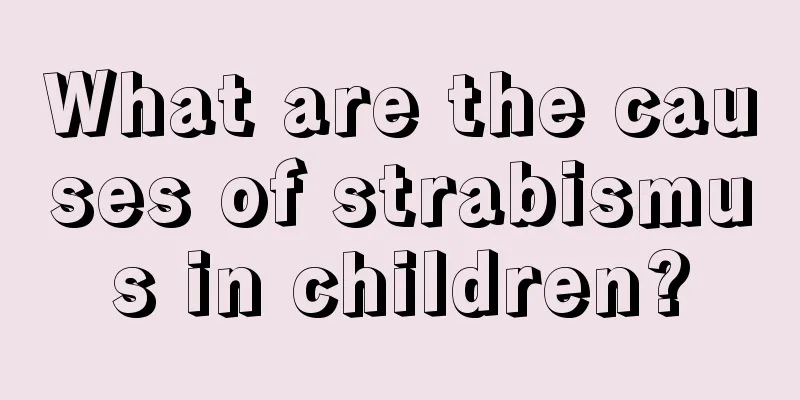What are the symptoms of a concussion in children? Parents need to know this knowledge
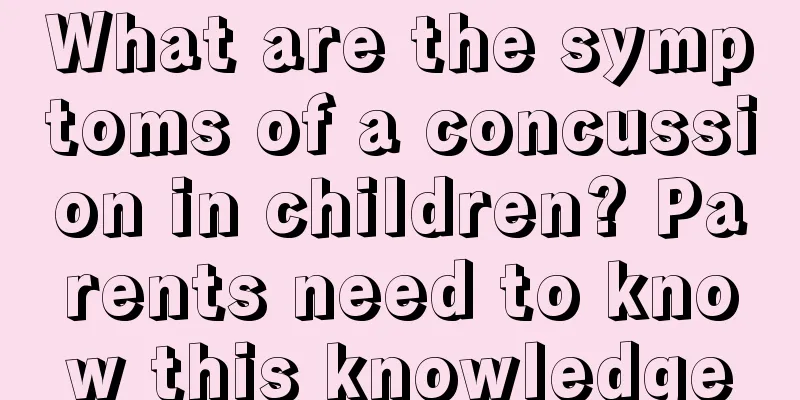
|
Children love to play and are prone to falling. If they hit their heads, they may suffer a concussion, which is very harmful. Therefore, parents must understand some knowledge about concussions, such as the symptoms. 1. Clinical manifestations Children with concussion will experience transient loss of consciousness after the trauma. Older children will have persistent headaches, vomiting, dizziness, mental tension, retrograde amnesia, etc. after waking up. The clinical manifestations of slightly older children are usually similar to those of adults, with transient loss of consciousness accompanied by decreased muscle tone and active tendon reflexes. When the function of the lower brainstem is inhibited, disorders of vascular nerve centers and autonomic nervous system regulation may occur, manifested as a series of reactions such as slowed heart rate, decreased blood pressure, pale complexion, cold sweats, apnea followed by shallow and weak breathing. Some children may also experience transient blindness, but for infants and young children, transient disturbances of consciousness may not be obvious, and are often only manifested as a brief daze after the trauma, with no response to external stimuli, followed by resumption of limb movement, drowsiness, irritability and vomiting. Although there may be no pathological structural changes after concussion in infants and young children, diffuse brain swelling may occur. Moreover, neurological function deterioration, delayed vomiting and drowsiness often occur after the injury, which is the so-called "pediatric concussion syndrome." 2. The clinical manifestations of this disease are headache, dizziness, nausea, tinnitus, insomnia and forgetfulness. Children may also have vomiting, restlessness or drowsiness, red tongue, white tongue coating, and a stringy pulse. After a child is injured in a collision, he or she will immediately experience temporary impaired consciousness, such as inability to cry and confusion, which lasts for about half an hour. Those with minor injuries may only be confused (disoriented), while those with severe injuries may lose consciousness (fall into a coma), become irritable, go into mild shock, become pale, or become nauseous and vomit. Guidance: Whenever a child's head is injured by hitting the ground, sufficient attention should be paid. For those with milder conditions, you can rest in bed for 1-2 days. You can get out of bed and move around only if there are no special symptoms. You should continue to be observed for a week. If you find hematoma on your head, you should go to the hospital for an X-ray to determine whether you have a skull fracture. Anyone with obvious impaired consciousness and shock should immediately lie flat, keep the head fixed, and rush to a tertiary hospital for emergency treatment. 3. If a concussion occurs, symptoms of nausea and vomiting will appear, and there will also be transient coma. Guidance: If you don’t have these symptoms, it’s okay, it’s just an ordinary bump. If you are unconscious at the time, wake up after being called, and vomit after waking up, it is considered a concussion or brain injury, and you need to go to the hospital’s neurosurgery department for further examination. |
<<: What to do if your child has dry lips
>>: What are the symptoms of baby pink eye?
Recommend
Is a breast pump useful?
Maybe many people don’t know much about breast pu...
What to do if your child keeps drooling
If a child drools occasionally, it is not a serio...
The height and weight of a four-year-old boy is as follows
The baby's height and weight have always been...
How to treat otitis externa in children
Only with good health can we enjoy life better, s...
How to determine whether a newborn has heart disease
The biggest expectation of a newlywed couple afte...
What are the treatments for precocious puberty in children?
Precocious puberty in children will not only brin...
Why do babies keep crying?
It is a common phenomenon for babies to cry, but ...
Reasons for high normal blood pressure in children
Hypertension is common among the elderly, but it ...
Are mosquito repellent lamps harmful to babies?
Summer is a very sad day for babies. During this ...
What should I do if my baby can't speak clearly?
In daily life, every couple in every family wants...
Is there still a dent after the rear fascia is closed?
Everyone knows that when the baby grows to a cert...
Why is my seven month old baby vomiting?
The health of the baby has always been a topic of...
What is the diet for babies after weaning?
Generally, our babies will face weaning when they...
What are the benefits of sunbathing for babies?
Everyone knows that sunbathing can help supplemen...
Four-year-old girl has secretions in her underwear
There is secretion in the underwear of a four-yea...

